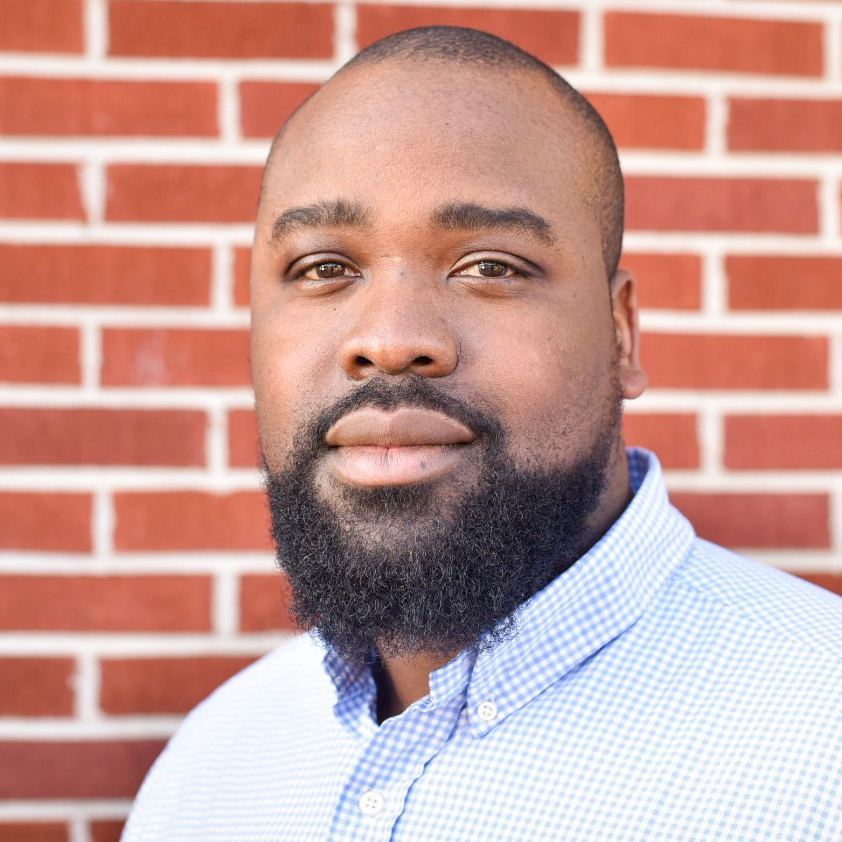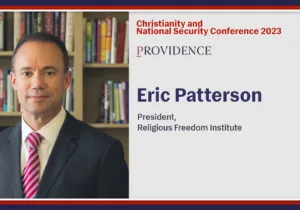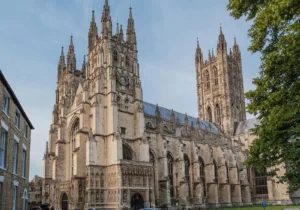The tension between the fallen nature of humanity and the systems of governance created to curtail the depths of human depravity reveals how justice is inconsistently implemented in a way that affirms the dignity of all people. The disturbing events in Minneapolis, MN, surrounding the death of George Floyd by the hands of law enforcement and the subsequent nationwide protests and riots are events within a larger historical context of racism and policing in the United States. The deaths of people of color by police and the subsequent responses by local, state, and federal governments reflect the failure of these social institutions to uphold human dignity while enforcing the laws of the land. Demonstrated acts of racism in the form of police misconduct are social implications of human fallenness and governance, and has seared the moral conscience of this nation, creating a view of human dignity that communicates that black life does not matter.
Human society attempts to create a means by which people can live in an agreed upon social order for the common good. But what happens when those who are called to uphold the law abuse their authority by failing to uphold the principles and values that maintain peace and justice? In more popular terms, Who polices the police? When the manifestation of sin is imposed in the ordering of society, the implications are literally an issue of life and death. Within the American context, this manifestation is racism, and racism has a death count too numerous to count. As a result, “Black Lives Matter” is a statement that reflects the collective lament of society and is a call to action regarding the nation’s moral disposition regarding the human dignity of its citizens, particularly African Americans. In other words, whatever the political connotations of Black Lives Matter institutionally, the idea confronts the American application of lebensunwertes Leben (“life not worth living”) by declaring that all lives will truly matter when black life matters.
In light of this, what does a Christian ethic look like in response to the issue of systemic racism, police misconduct, and justice in a world impacted by human sin? In this fallen world, Christians have the responsibility to be the moral conscience of society in these times. If we abdicate our role to be the moral conscience of society in the public square and are silent on issues of systemic racism and its influence on issues of human dignity and government misconduct, then we cannot complain when others try to incorporate secularist ideas as solutions. Furthermore, to serve as the moral conscience of society means that Christians are to promote the public good by actively opposing any system that inhibits human dignity and the opportunity for flourishing due to all people. In a democratic republic such as the United States, Christians have an obligation to advocate for all, the founding ideals that people should be able to fulfill the reality of the self-evident truths, articulated in natural law, “that all men are created equal, that they are endowed by their Creator within certain unalienable Rights, that among these are Life, Liberty and the pursuit of Happiness.” These ideals are rooted in the gift that God has given every human being created in the imago Dei and as such are entitled to the affirmation and advocacy of their dignity and value as image bearers of God. Unfortunately, history bears witness that the heart and words of the Declaration of Independence did not originally apply to African Americans. While African Americans now have these rights affirmed by the Constitution (specifically, the Thirteenth, Fourteenth, and Fifteenth Amendments) as citizens, these rights (including the Fourth, Fifth, and Sixth Amendments) have been under siege by some who swore to uphold and protect them without accountability. Therefore, Christians’ advocacy is tasked with the prophetic responsibility to confront any structure and entity that fails to uphold and protect the God-given rights of all human beings for the common good. This is about taking the responsibility to provide a profoundly Christian response to social injustice. This requires Christians to be actively involved in public discourse and activism as the moral conscience of society, motivated by “thus sayeth the Lord.” In the wake of George Floyd’s death and the deaths of so many others in cities throughout the nation, this means that if black lives matter to Jesus, then black lives must matter to those who claim to be his followers.
Christian advocacy against systemic racism is only noise if it does not lead to policy change that facilitates real accountability. Martin Luther King Jr. once said, “It may be true that the law cannot make a man love me, but it can stop him from lynching me.” What he is saying is that true reform cannot take place without the teeth of accountability that the law and policy provide. A Christian ethic regarding law and governance should emphasize that the legal systems created for social and moral order are responsible for upholding the dignity of all human life, specifically African American lives, even while enforcing the law. Any policy reform from a Christian perspective should seek that aim. Criminal justice policy reform is a public good, and while it may be specifically designed to protect certain groups that are overwhelmingly subjected to police and judicial malpractice and misconduct, all of society benefits. Therefore, if the law and public good matters and if human dignity matters, then due process for all and its enforcement is of the utmost importance.
In the age of Black Lives Matter, it is important to remember the parable of the Good Samaritan (Luke 10:25–37). In it we see an unknown person victimized and left for dead. We have two responses: we can either ignore the suffering as the priest and Levite did in the passage, or get involved and do something and directly address the suffering like the Samaritan. Christian ethics is loving our neighbor in a world of human sin with compassion and conviction. Within the American context, decrying racism and police misconduct is not enough although it is a start. What must be done is to turn that outrage into substantive policy reform, calling our local, state, and federal levels of government to account. The stains on the moral fabric of society are due to the pervasive nature of human sin and is manifested through systemic racism in many ways, including police misconduct. Although the full realization of justice will not be accomplished until the age of the New Jerusalem, Christians are called to be a prophetic witness to the world, as ambassadors of the Kingdom of God, proclaiming and working toward shalom for the common good, knowing that it will be fully actualized one day.






